Zoot Money Put Me Out with Beer – a Chat with Arthur Brown
Anna down our road is having a garden party. It’s a warm day, but hardly sweltering; nonetheless, one of the guests is stripped to the waist, clad only in pale purple loon pants that hang slackly from his bony hips. He’s piling lettuce onto a plate but such is the frailty of his exposed physique that one is tempted to guide him discreetly to the potatoes – his ribs protrude from his pallid flesh like railway lines dusted with snow. Shoulder-length greying hair falls from a balding dome and his long, aquiline nose is balanced by a neat black goatee. The effect is imposing but serene. A chat under a tree elicits the fact that the topless stranger is a musician with 17 albums to his credit. With a slow gentle delivery made even softer by a faint drawl, he starts to talk about his life. He reveals that he lives in Austin, Texas, that he is 52 years old and his name is Arthur Brown.

A misty veil is wiped from the mind’s eye. Suddenly, it’s 1968 and young people wearing curtains are waving their arms in a pagan manner in a darkened hall. On a podium before them a man in a silver mask has just hollered “I AM THE GOD OF HELLFIRE!” with some menace. He is wearing a particularly striking curtain and his hair is in flames. The opening chords of “Fire” burst from the amps and the hippies flip.
Arthur Brown’s song is a major chart-topper, a nation is transfixed by hokey pop diabolism and adolescents conduct earnest debates on the merits of hairsprays that style, condition and fireproof in one application.
A few years and no more hits later, Arthur will be a rock legend. Serpent-sucking megastar Alice Cooper will say that he is indebted to the lanky Englishman for introducing him to rock theatrics. Proto-metal pompists Deep Purple will pay tribute to Brown’s fine bluesy voice. But where did Arthur go after all that fame? Indeed, what was he doing before it? Well, it’s a long story and here are some of the good bits.
Back in ’62, the God of Hellfire was studying sociology and philosophy at Reading University. He had already mastered the banjo and the double bass, and was making the transition from metaphysics to rhythm and blues. After gigging around in small clubs and not studying much, he was fired from a band called the South West Five, which was rather unfair considering he’d just convinced them to change their name to the Arthur Brown Union.
Arthur was moping in the Kilt Club, a hip Soho boite, when a sound engineer who worked at the Marquee asked him if he’d like to form a rock empire in Paris. Of course he would, and by 1965 their band was the toast of Montmartre, appearing nightly in the Ange Rouge, a club owned by Baron Lenur, who dressed like Louis Quatorze and kept a troupe of tame beatniks in the house for atmosphere. So unlikely was the spectacle of long-haired Britons playing the blues that Salvador Dali himself dropped by regularly to catch the act. “It was a very, very wild scene,” Arthur recalls fondly, “naked girls being passed around the club. I used to do audience diving.” Some nights he dived out of the front door and led the entire clientele round the block, spearheaded by a blaring saxophone.
The woman who owned the nearby strip clubs was impressed. She opened the Crazy Gambas, near Marbella in Spain and invited the Arthur Brown Set to be the house band. The management turned out to be white slave traders; they used to take their female employees’ passports, then fail to fix up their visas. “Two weeks later, they’d tell the girls the police were making enquiries and that they had to get out fast. Then they’d fly them to Africa and that was it.” One of the musicians objected to the imminent enslavement of his French girlfriend so the villains sealed off the club and sharpened their stilettos. Luckily, one of the Crazy Gambinos had some dirt on the slavemaster and turned him over to the police. Close one.
The band moved on to another Marbella club. As clubs do, it closed down, and when it did, the boys hadn’t been paid. “The band come to me and said ‘We’re going to set fire to it.’ I said ‘Count me out fellas!’ They didn’t burn the whole club down though, just the front of it.”
Strange, this aversion to arson, given what was to come, but a few clubs later Arthur had an experience in a Paris hotel corridor that marked his transition from lounge lizard to pyrotechnic legend. “I found a crown outside a door. It had candles on it. Somebody had thrown it out after a party. I went and lit the candles. It was the beginning of the ‘Fire’ thing.”
The “Fire” thing also saw Arthur blacking out his teeth, wearing big wigs and women’s dresses on stage. The reverse costume was a witch doctor’s outfit made of newspaper. Rock theatrics had taken a great leap forward. In 1967, at London’s highly psychedelian UFO Club, Arthur cut through the haze of paisley with an outfit that would etch itself in the memories of all those who escaped from the late-Sixties with unmelted synapses.
“I’d come on with the flaming helmet, and a huge orange Tibetan kind of robe, which would flare out like a whirling dervish when I turned fast, then at the end I’d take that off and there was a black velvet outfit under that.”
Helmet work had its drawbacks. “The earliest one was the crown with candles on; then we moved onto a colander with candles on, but that used to stick to my hair. So the next thing was a pie dish with a hole in the middle with a screw in it and a leather strap under my chin with gasoline on top of the whole thing. The problem was that the heat used to come down through the screw onto my skull; so we devised a thing to hold the plate and from that we arrived at the final solution – the Viking helmet.”

Cow gum and other flammables were daubed on the helmet’s horns, between which was a shallow dish to hold the petrol. “It was quite comfortable, but the lights man used to get drunk and pour petrol over me as well as into the hat.” The accident waiting to happen took place at the 1968 Windsor Jazz Festival. Arthur was about to go on stage when he burst into flames: “Zoot Money – you remember him? – he put me out with beer.”
A few months later the band, known by now as The Crazy World of Arthur Brown, was spotted by Pete Townshend of The Who and introduced to Track Records. In no time at all, they released the show-stopping “Fire” and burned up the pop charts. Despite being voted the Most Undanceable Band on the scene, the Crazy World rapidly became a top, if controversial, draw: “Managers used to throw our equipment downstairs because we were so outrageous. People would slug me on stage – they’d never seen anything like it.” Antipathy was so advanced at one club that Arthur was compelled to smash the glass enclosing a double headed fire axe and brandish it defensively throughout the show. Those were the days.
Fuelled by fame, the band toured the States as support for the Doors, Jefferson Airplane, the Mothers of Invention and Jimi Hendrix. The latter had his reservations. “He initially refused to let us support him because he’d seen our press photos,” Arthur remembers. “He was worried – he knew about the fire and everything. Of course, after he’d played with us, he started setting fire to his guitar!”
Arthur, who has been winningly modest so far, cannot suppress a smug giggle at this point. However, life with the Sixties rock giants was not entirely a bowl of electric prunes: “It was a very traumatic tour. The keyboard player had been a manic depressive all his life and someone spiked his drink and he had to go into a mental home. The drummer was blown away by the culture and ended up right over the top.” At one big festival the drummer made a curious error of judgement, “He started to think he was Keith Moon but, whereas Moon would have roadies to catch the drums, this guy kicked all his off the stage and it took us 25 minutes to get the thing back together – by which time, of course, the impetus had gone.”
Arthur was not impressed by success. Despite being known as His Psychedelic Majesty and sharing the top of the UK charts with Tom Jones, it was, he felt, dull playing the same set over and over again and uncomfortable being regarded as a spiritual force by the more credulous fans. So he gave it all up, signed away his rights to “Fire” and went to live in a commune in Dorset. His managers were appalled.
Arthur was not impressed by success. Despite being known as His Psychedelic Majesty and sharing the top of the UK charts with Tom Jones, it was, he felt, dull playing the same set over and over again and uncomfortable being regarded as a spiritual force by the more credulous fans. So he gave it all up, signed away his rights to “Fire” and went to live in a commune in Dorset. His managers were appalled.
It wasn’t long, though, before the deep need to make bands surfaced again. Equipped with the suitably bucolic name of the Puddletown Express, he and his colleagues set off in 1969 for France which was still reeling from les evénements of May 1968, when students and workers had taken to the streets of Paris and de Gaulle’s government seemed set to be toppled by revolution. Rifle-toting police were everywhere and the Ministry of the Interior sent observers to the Paris gig. “The Communist Party had booked Pink Floyd, Soft Machine and us to tour France to show that they had control over the young people. Well, I came on naked and incited them to revolution.” Arthur had had his kit off before, at the Marquee back in London, and a reviewer from the Melody Maker had reported that his girlfriend had fainted when confronted with the bony spectacle. The Communists were less pleased; they lost a seat in parliament – as a result, they were convinced, of the scandal surrounding Arthur’s self-revelation. They begged him not to take his clothes off again: “Gomelsky (Arthur’s new manager) said ‘If it’s a moral statement you’re making, then go ahead, but if it isn’t please be kind to these people who’ve booked the tour’. Well, it wasn’t a moral statement, it was part of the act, so I stopped. We came home and the band folded.”
That might have been it, had Arthur not seen the angel. He was standing in a field when it appeared, four miles high, wearing a gold loincloth and holding a huge sword. It had been a question, at that point, of whether to go to a Buddhist monastery in Scotland or to form another band. Arthur gathered from the angel that he should take the path of rock. He returned to the world of tours and studios and over the next three years cut a couple of albums under the nom de guitare of Arthur Brown’s Kingdom Come. And then, once again, came the spiritual call. This led him first to a centre in Gloucestershire, and then on to a succession of other retreats where he picked up Buddhist meditation techniques. Eventually, and bizarrely, he travelled in 1971, at the invitation of the Israeli high command, to Tel Aviv, stayed in the Hilton and played songs to raise the morale of wounded troops. Mission accomplished, he returned to Britain and spent a year and a half at a Sufi school in Scotland before cutting an improvised album called Chisum in My Bosom. Then in the mid-Seventies, Africa beckoned. Arthur went to Burundi and taught music history. One of his odder tasks involved demonstrating to the local people that the American blues they admired so much actually originated in Africa.
Back home again in 1980, Arthur’s music featured a synthesiser, and Britain, he says, just wasn’t ready for it. He moved to America with his second wife, a Texan, who guided him to Austin. After a year doing carpentry in that congenial city, he fell in with Jimmy Carl Black of the Mothers of Invention, who were negotiating the post-fame thing by means of house painting. They called themselves the Gentlemen of Colour (Brown and Black) and made a decent living from their brushwork. So many of the guys in the paint team were musicians that Arthur, never one to pass up a band opportunity, managed to put out two more albums. By 1985, he’d succeeded in assembling a lucrative deal for a blues album that would bring together Jack Bruce, Carl Palmer, Keith Emerson and others. The deal fell apart, and Arthur had visions of struggling on in this not-quite mode until he was 90. Something had to be done.
At last, at the end of the Eighties, Arthur found the perfect way to reconcile his lust for rock with the increasing tranquillity of his inner life; he qualified as a counsellor and invented a new therapy. How does it work? A colleague leads the counselling session, while Arthur sits in silence and listens to the client unburdening him or herself. Then, taking up his guitar, “I improvise a song or a poem which brings out the unspoken undercurrents of the session”. The customised calypso is recorded onto cassette and given to the client to play at leisure in his or her home. Eminent psychiatrists were impressed; so much so that the singer was able to take his therapeutic guitar into a special unit for six months and work with young women drug addicts and their families.
The spontaneous song part of the process worked so well that Arthur wondered if it would work on stage. He’d always had a yen to do the Glastonbury Festival, so he asked an agent to fix up a British tour. The agent got 38 gigs in 42 days, but couldn’t clinch Glastonbury. Arthur stormed around the UK anyway, and all kinds of people came to see him: teenagers, grizzled fans who knew all his lyrics and a stream of ex-members of his innumerable bands. One night, he developed a terrible headache halfway through the set and had to stagger off, leaving the fans wide-eyed and feckless in the auditorium. Such was the level of abandon already generated that within minutes the rumour began circulating that Arthur had been abducted by aliens and whisked up into a hovering mothership.

That was last year. Now Arthur’s back again, recuperating from a second British tour, working with Lene Lovich, and writing an opera with a Latvian composer. Which is why he’s in Anna’s back garden. So what is the name of the band this time around, Arthur? The God of Hellfire smiles sagely. “Ah! That was the agent’s idea – it’s called ‘The Even Crazier World of Arthur Brown’.”
03.12.1994








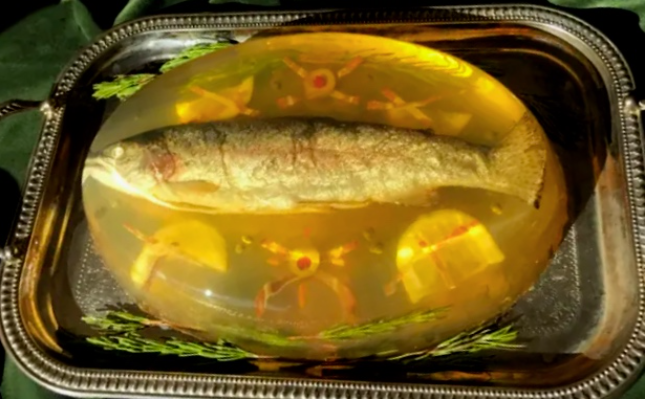

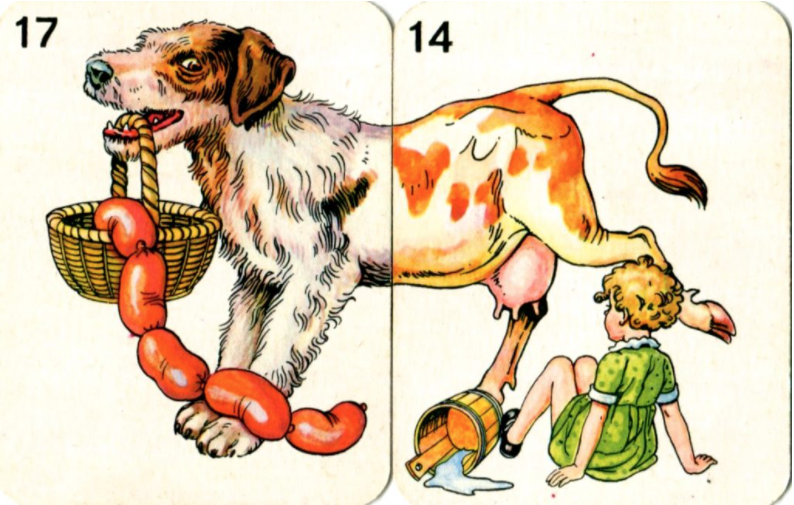

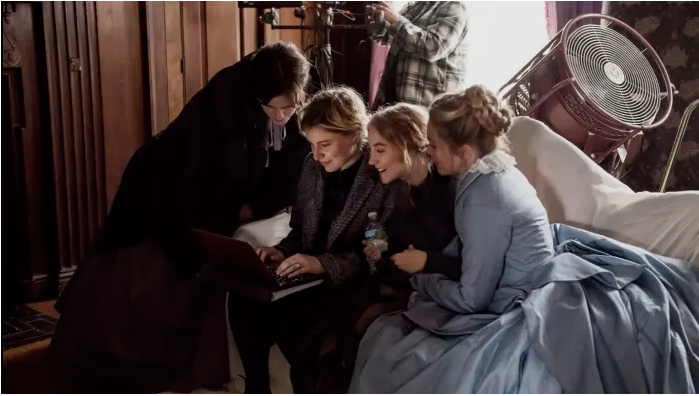
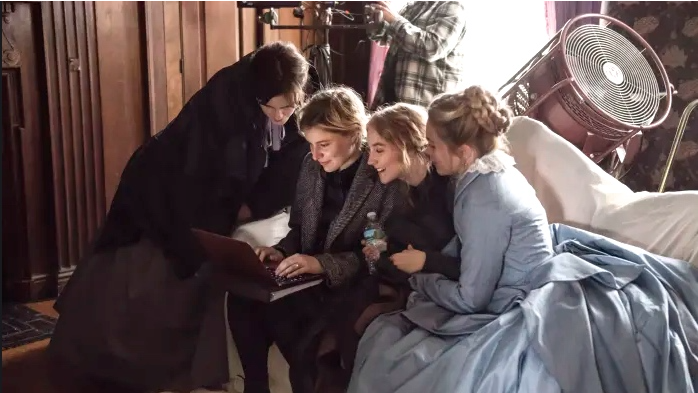
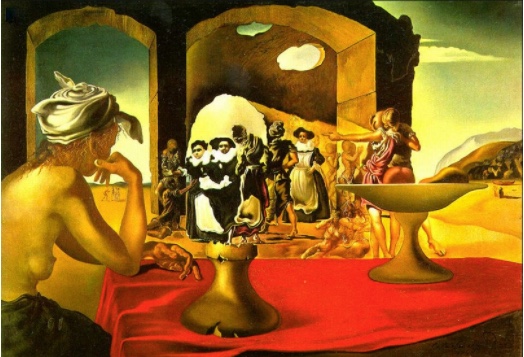







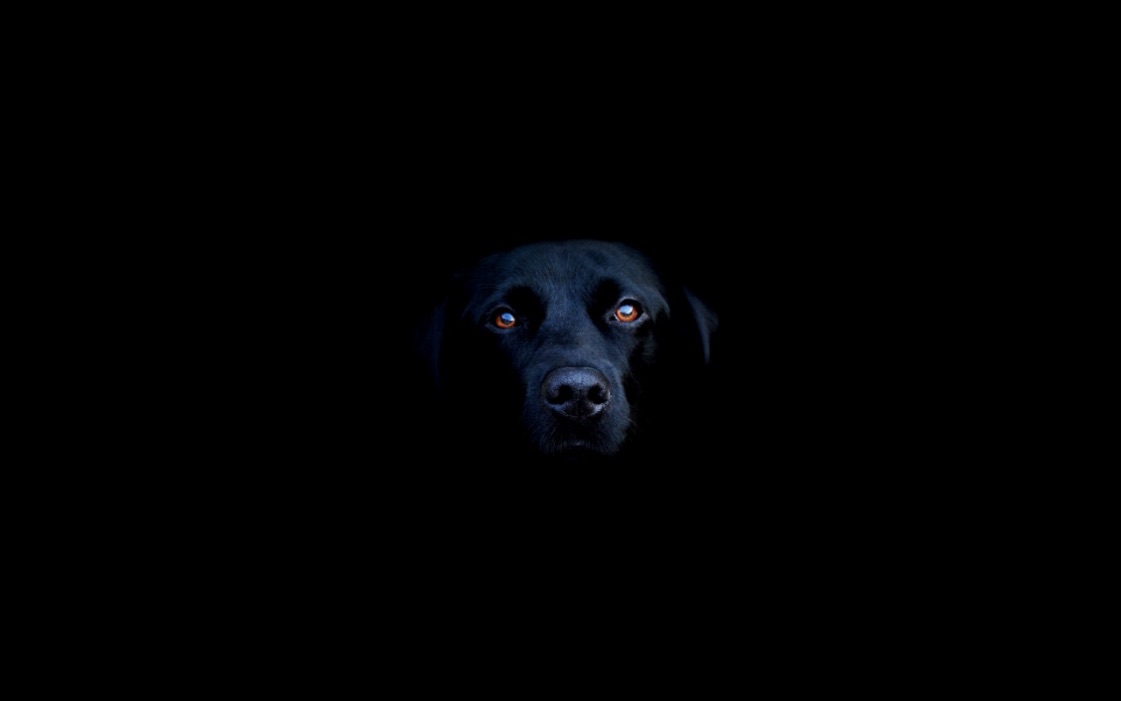







 The clown rush is upon me. I feel it in its earliest stages. Despite the wretched demeanour of the now digested funny fellow, whose blown chunks litter the soil around my shoes, it is not his acerbic tone that lingers. Rather it is the essence of his calling, the parfum of his métier, that now floods my cerebral veins and begins to humorise the cackle of voices that we are pleased to call thought. What presently clutters my consciousness are the most banal of utterances. I don’t mind if I do. Rather you than me. If I say so myself. Better in than out. You have to be mad. You know you like it. I won’t say no. If my arse was like your face. I could get used to this. A man goes into a box.
The clown rush is upon me. I feel it in its earliest stages. Despite the wretched demeanour of the now digested funny fellow, whose blown chunks litter the soil around my shoes, it is not his acerbic tone that lingers. Rather it is the essence of his calling, the parfum of his métier, that now floods my cerebral veins and begins to humorise the cackle of voices that we are pleased to call thought. What presently clutters my consciousness are the most banal of utterances. I don’t mind if I do. Rather you than me. If I say so myself. Better in than out. You have to be mad. You know you like it. I won’t say no. If my arse was like your face. I could get used to this. A man goes into a box.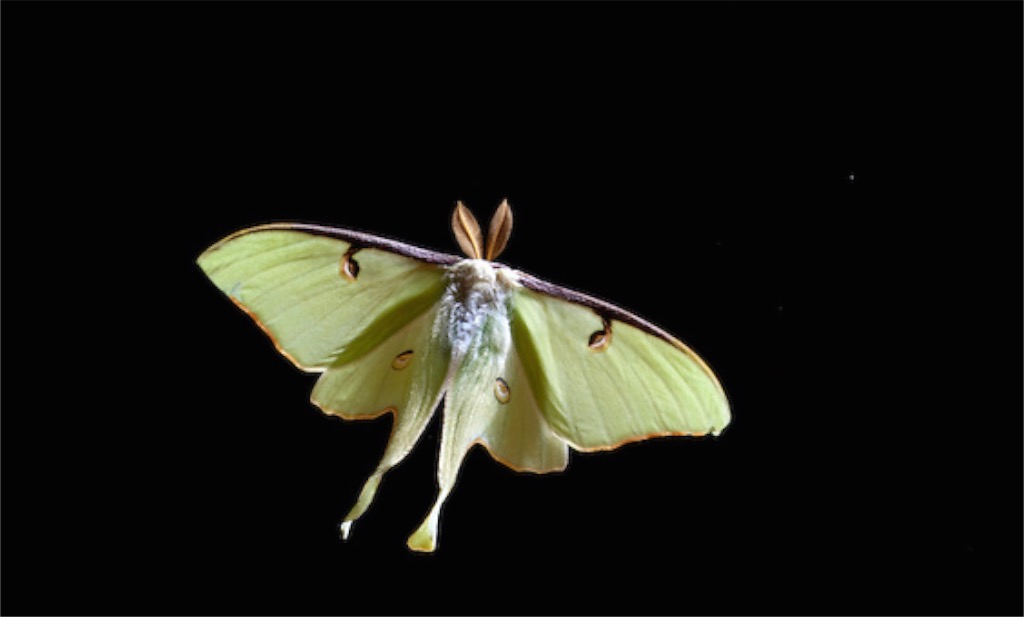 17/04/15 I had seen dogs dreaming by fires near water on beaches at night their feet pedalling their jaws working. Yelping to themselves perhaps they see rabbits said someone. The supine swarm while not asleep was flushed with flesh and small animal jokes were animating their limbs and fins and wings. Such was my affinity with the intoxicated herd that I was able to decode their humour and here is how I present it now. With pigs they suddenly straighten the tail then let it recoil. With butterflies they unfold their wings, spread them to the sides and pretend to be drawn to wardrobes thereby imitating cloth-eating moths whom they legendarily despise. These things the various creatures find diverting but of course they do not laugh. They cannot.
17/04/15 I had seen dogs dreaming by fires near water on beaches at night their feet pedalling their jaws working. Yelping to themselves perhaps they see rabbits said someone. The supine swarm while not asleep was flushed with flesh and small animal jokes were animating their limbs and fins and wings. Such was my affinity with the intoxicated herd that I was able to decode their humour and here is how I present it now. With pigs they suddenly straighten the tail then let it recoil. With butterflies they unfold their wings, spread them to the sides and pretend to be drawn to wardrobes thereby imitating cloth-eating moths whom they legendarily despise. These things the various creatures find diverting but of course they do not laugh. They cannot. 18/04/15 At the height of the rush so much the ostriches of the ineffable I’m losing the platform it’s higlady piglady the fur is flying here come the jest What it is is the herds are sherding the sheds are shed. What it is is that I’m like blending with the flock they’re incoming and I’m going out and yes I know the difference between snot and broccoli I know it’s epping barking I know what Della What? When did that happen? Johnny Depp? You’re kidding. Are you dicking me? Are you my uncle? He took what?
18/04/15 At the height of the rush so much the ostriches of the ineffable I’m losing the platform it’s higlady piglady the fur is flying here come the jest What it is is the herds are sherding the sheds are shed. What it is is that I’m like blending with the flock they’re incoming and I’m going out and yes I know the difference between snot and broccoli I know it’s epping barking I know what Della What? When did that happen? Johnny Depp? You’re kidding. Are you dicking me? Are you my uncle? He took what? 20/04/15 The place was packed but it had the typical bustle. The gang studied the menus. The waiter was Paolo. He said “Today we have the sharing platter with caprese bites.” Johnny looked up “Do you have anything Hungarian? I’d like Hungarian today.” “He’s a pretty Hungary guy,” quipped Ryan. Angelina leaned mesmerically in. “Look, Johnny, they have polpette. That’s meatballs isn’t it? Kind of Hungarian.” Johnny pursed his lips. “The Magyar husgomboc comes on a platter with buttered noodles tossed in poppy seeds. It’s a quite different thing.” Paolo brightened, “We have the platter…”
20/04/15 The place was packed but it had the typical bustle. The gang studied the menus. The waiter was Paolo. He said “Today we have the sharing platter with caprese bites.” Johnny looked up “Do you have anything Hungarian? I’d like Hungarian today.” “He’s a pretty Hungary guy,” quipped Ryan. Angelina leaned mesmerically in. “Look, Johnny, they have polpette. That’s meatballs isn’t it? Kind of Hungarian.” Johnny pursed his lips. “The Magyar husgomboc comes on a platter with buttered noodles tossed in poppy seeds. It’s a quite different thing.” Paolo brightened, “We have the platter…”

 21/04/15 I came through the detritus of old joke ends broken catch-phrases to see you nice laid out as if on a poisoned sea bed with immortal plastics and looked out around about me and there were the sheep lowing and the cattle barking and the pigs in the trees and I put them into their proper places patting them and saying yes that was surely far out but now is the time to walk wiser forth and emboldened. And I realized that for some of them they were qualities in the mind and for others they were there, near Thetford where we were, in the flat places that spread you utterly butterly. Now we would sort the sheep of mutton from the goats of frail insubstance, we would walk embrightened by the clown whose life we had taken into ourselves and we would find and get back Edith Clever the koala bear taken by feckless Johnny Depp the film star.
21/04/15 I came through the detritus of old joke ends broken catch-phrases to see you nice laid out as if on a poisoned sea bed with immortal plastics and looked out around about me and there were the sheep lowing and the cattle barking and the pigs in the trees and I put them into their proper places patting them and saying yes that was surely far out but now is the time to walk wiser forth and emboldened. And I realized that for some of them they were qualities in the mind and for others they were there, near Thetford where we were, in the flat places that spread you utterly butterly. Now we would sort the sheep of mutton from the goats of frail insubstance, we would walk embrightened by the clown whose life we had taken into ourselves and we would find and get back Edith Clever the koala bear taken by feckless Johnny Depp the film star. 22/04/15 I had to work out which of the multitude of creatures stood for something and which were innocent. I was familiar with Leach’s work on animals and swear words wherein he asserts that we tend to frame insults in terms of animals which we are close to in our everyday lives, for example: bitch, dog, rat, pig, cow, sheep, fox. Leach also suggested that the edibility of animals is an issue – we are uneasy about creatures that taste nice yet could be pets.
22/04/15 I had to work out which of the multitude of creatures stood for something and which were innocent. I was familiar with Leach’s work on animals and swear words wherein he asserts that we tend to frame insults in terms of animals which we are close to in our everyday lives, for example: bitch, dog, rat, pig, cow, sheep, fox. Leach also suggested that the edibility of animals is an issue – we are uneasy about creatures that taste nice yet could be pets. 23/04/15 Evelyn de Mure I said to the white-tailed golden horse You will always be a pal of mine. Lordy I said to the cock You crow but you are not a crow – think about it. I embraced the sheep Cheddar Plate murmuring History is not made by individuals. Keep it in your pants Flopsy I jovialised at the buck The Couple Tina and Lofty. With heavy heart I worked the line as the kittiwakes wheeled and their mournful cries scraped the slate sky. I kissed a cow, stroked a playful piglet under the gaze of its spattered mother. They were my almanac, my zodiac.
23/04/15 Evelyn de Mure I said to the white-tailed golden horse You will always be a pal of mine. Lordy I said to the cock You crow but you are not a crow – think about it. I embraced the sheep Cheddar Plate murmuring History is not made by individuals. Keep it in your pants Flopsy I jovialised at the buck The Couple Tina and Lofty. With heavy heart I worked the line as the kittiwakes wheeled and their mournful cries scraped the slate sky. I kissed a cow, stroked a playful piglet under the gaze of its spattered mother. They were my almanac, my zodiac. 25/04/15 Now I had about me a lean team stripped of sentiment and symbol. I could test the deedscape unencumbered. My invective would stream from the black stream without the barnyard. I had about me Gauvain the reptile (“Who’s a halted boy then?”); Agravain the marten recently run from Runton; the carp Perlesvaus, cold, disdaining flies; Aquitaine now larval, soon to be pupal then Blooey!!; Sissy Boyce and Miss Emily Posthene, the lovebirds dancing slowly with Launcelot – gaunt, gauche, cackhanded; Strange Dick the edible dormouse; and caterers. As a bunch we were bostin, swank. Don’t steal from us.
25/04/15 Now I had about me a lean team stripped of sentiment and symbol. I could test the deedscape unencumbered. My invective would stream from the black stream without the barnyard. I had about me Gauvain the reptile (“Who’s a halted boy then?”); Agravain the marten recently run from Runton; the carp Perlesvaus, cold, disdaining flies; Aquitaine now larval, soon to be pupal then Blooey!!; Sissy Boyce and Miss Emily Posthene, the lovebirds dancing slowly with Launcelot – gaunt, gauche, cackhanded; Strange Dick the edible dormouse; and caterers. As a bunch we were bostin, swank. Don’t steal from us. 26/04/15 From her perch on Johnny Depp’s shoulder Edith Clever (rhymes with favour) was beginning to feel quite the show business columnist with seeing charmed lives everyday and eating from the table of piled eucalyptus of various strains gathered for her by Leaves of 24th Street, Suppliers of Arcane Provender to Whomever Would, Like, Search Such Provision. But last night a group of explorers and the German actress Edith Clever (Die Marquise von O. (1990); Ein traum, was sonst? (1994)), now 74, came round for supper and now Johnny is washing up.
26/04/15 From her perch on Johnny Depp’s shoulder Edith Clever (rhymes with favour) was beginning to feel quite the show business columnist with seeing charmed lives everyday and eating from the table of piled eucalyptus of various strains gathered for her by Leaves of 24th Street, Suppliers of Arcane Provender to Whomever Would, Like, Search Such Provision. But last night a group of explorers and the German actress Edith Clever (Die Marquise von O. (1990); Ein traum, was sonst? (1994)), now 74, came round for supper and now Johnny is washing up. 27/04/15 I went on a spring holiday to Stockholm once, round the archipelago, very nice, not cold and they had a deal where if you go without opposable thumbs there’s a 30% discount so I took it. Let me say: it was shit. You can barely eat! You have to crowd the food with your palms and let’s not even go where when you drop something you have to clap at it and kind of hope to scoop it up. Ridiculous. I got some lip plumper cream at the Åhléns City beauty centre in Klarabergsgatan, it makes your lips bigger and I smeared it on and after a couple of days I had some thumbs again. You know, I don’t want to dwell on it but Johnny Depp does have his own thumbs!
27/04/15 I went on a spring holiday to Stockholm once, round the archipelago, very nice, not cold and they had a deal where if you go without opposable thumbs there’s a 30% discount so I took it. Let me say: it was shit. You can barely eat! You have to crowd the food with your palms and let’s not even go where when you drop something you have to clap at it and kind of hope to scoop it up. Ridiculous. I got some lip plumper cream at the Åhléns City beauty centre in Klarabergsgatan, it makes your lips bigger and I smeared it on and after a couple of days I had some thumbs again. You know, I don’t want to dwell on it but Johnny Depp does have his own thumbs! 29/04/15 There was a bucket which I rinsed and filled at the old pump for the carp Perlesvaus which I put in and Gauvain immediately skittered to it and took up his whole immobile thing near it which encouraged the whole of the rest including birds not to mention Aquitaine now a marvelous marsh fritillary with the colouring to find their way into the open rear cargo enclosure. I took the pangolin Geraint from my shoulder and clipped him under the wiper blade that he might flick out his adhesive tongue for flies otherwise impacting the windscreen.
29/04/15 There was a bucket which I rinsed and filled at the old pump for the carp Perlesvaus which I put in and Gauvain immediately skittered to it and took up his whole immobile thing near it which encouraged the whole of the rest including birds not to mention Aquitaine now a marvelous marsh fritillary with the colouring to find their way into the open rear cargo enclosure. I took the pangolin Geraint from my shoulder and clipped him under the wiper blade that he might flick out his adhesive tongue for flies otherwise impacting the windscreen.





 02/05/15 An obsidian disc etched with hieroglyphs from the Aztecs or space. A vellum scroll with treasure information marked with X or the equivalent of X. A will in which the finder is rewarded with a collection of vintage car barn finds. Two tickets to Latitude with motor home. A book commending the actuation of unrealised personal resources. An instrument to unlock portals to dimensions and safes. I replaced the package and strode from the barn to the light. “Keep the money,” I said to Ames. He said without a flicker “Olly olly olly tits in the trolley.” “Enjambement,” said Cora.
02/05/15 An obsidian disc etched with hieroglyphs from the Aztecs or space. A vellum scroll with treasure information marked with X or the equivalent of X. A will in which the finder is rewarded with a collection of vintage car barn finds. Two tickets to Latitude with motor home. A book commending the actuation of unrealised personal resources. An instrument to unlock portals to dimensions and safes. I replaced the package and strode from the barn to the light. “Keep the money,” I said to Ames. He said without a flicker “Olly olly olly tits in the trolley.” “Enjambement,” said Cora.


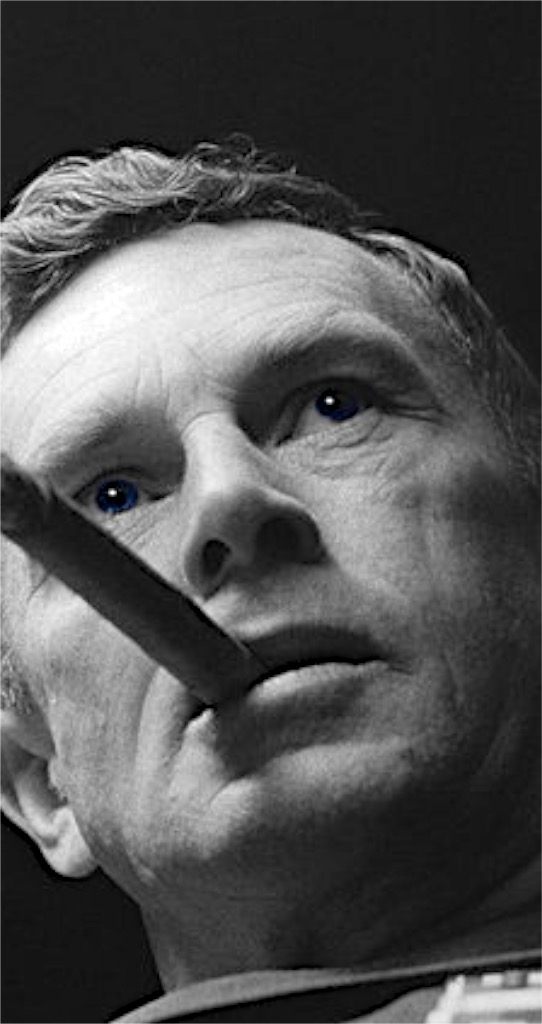





 15/05/15 I was getting increasingly nervy about Scarlett. We enjoyed at times a wordless communion beyond knowing – she would touch my cheek I would squeeze her elbow. She would move the salt cellar a fraction and I would nod. I did not feel false. We went round to Carey’s for supper, Ryan was doing his lasagne, and they had Noomi (so strong!), Jennifer, Bradley (still buff) and Michael (actually a really relaxed man!) there. They all accepted me and were solicitous about the terriers. Noomi picked up her flute (not the instrument) and went “Toot toot!” and this really caught on, with Michael going “Toot toot!” and Jennifer then going “Toot toot!” For dessert Ryan had got some dainties from Patisserie Valerie, that place in Soho.
15/05/15 I was getting increasingly nervy about Scarlett. We enjoyed at times a wordless communion beyond knowing – she would touch my cheek I would squeeze her elbow. She would move the salt cellar a fraction and I would nod. I did not feel false. We went round to Carey’s for supper, Ryan was doing his lasagne, and they had Noomi (so strong!), Jennifer, Bradley (still buff) and Michael (actually a really relaxed man!) there. They all accepted me and were solicitous about the terriers. Noomi picked up her flute (not the instrument) and went “Toot toot!” and this really caught on, with Michael going “Toot toot!” and Jennifer then going “Toot toot!” For dessert Ryan had got some dainties from Patisserie Valerie, that place in Soho.
 18/05/15 Michael, with his genial way, eased the froideur. He said “I have recently celebrated my birthday.” A murmur ran around. Noomi said “How old are you?” People said things like “Whoa!” but jovially. Michael went “I’m 38. What about you?” Noomi goes, to the point as you might expect, “35.” “Okay!” says Ryan. “Yeah Ryan?” Carey responds to him. Ryan shrugs like it’s nothing “34. Carey, you’re 12, right?” This gets a round of laughter. “Old joke, Ryan,” Carey says, “I’m actually 29. And fuck off, by the way.” Oh boy. It’s coming my way. And I don’t have a clue. When was Gilbert Grape? 80s? 90s? Scarlett is grinning at me. I’m fucked. Am I older than Michael? Got to be. Jennifer comes in “He-e-e-ere’s Johnny!” Scarlett’s looking quizzical. I’m fucked.
18/05/15 Michael, with his genial way, eased the froideur. He said “I have recently celebrated my birthday.” A murmur ran around. Noomi said “How old are you?” People said things like “Whoa!” but jovially. Michael went “I’m 38. What about you?” Noomi goes, to the point as you might expect, “35.” “Okay!” says Ryan. “Yeah Ryan?” Carey responds to him. Ryan shrugs like it’s nothing “34. Carey, you’re 12, right?” This gets a round of laughter. “Old joke, Ryan,” Carey says, “I’m actually 29. And fuck off, by the way.” Oh boy. It’s coming my way. And I don’t have a clue. When was Gilbert Grape? 80s? 90s? Scarlett is grinning at me. I’m fucked. Am I older than Michael? Got to be. Jennifer comes in “He-e-e-ere’s Johnny!” Scarlett’s looking quizzical. I’m fucked.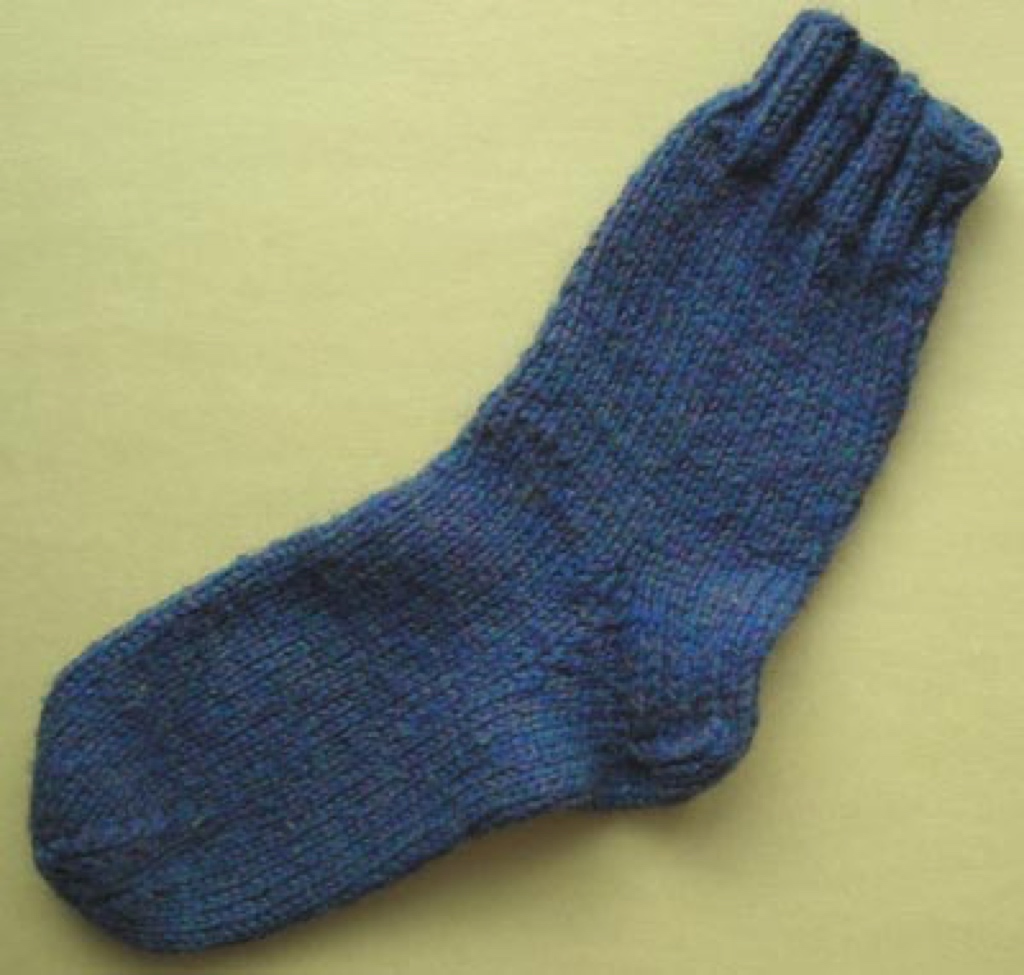 19/05/15 “Johnny,” said Richard as he expertly went along the road. “I was recently trying to move a filing cabinet. It slipped from my grasp and crushed my toe. The nail detached but is now regrowing. As I was putting my socks on this morning in Snetterton I glanced at the toe and…” Richard hesitated. “I feel embarrassed to say this.” “Go right ahead,” I urged. Richard said “Do you know Sheridan Smith? The actress?” I shook my head, “Is she good?” “Oh certainly,” he affirmed, “but when I glanced at my toe I thought of Sheridan Smith.” I asked “She looks like a toe?” “God no. Lovely looking woman. But I thought of her.” I nodded slowly. “I know people who would envy this, Richard.” He turned “Really? Is it good?” I replied “It’s terrific.”
19/05/15 “Johnny,” said Richard as he expertly went along the road. “I was recently trying to move a filing cabinet. It slipped from my grasp and crushed my toe. The nail detached but is now regrowing. As I was putting my socks on this morning in Snetterton I glanced at the toe and…” Richard hesitated. “I feel embarrassed to say this.” “Go right ahead,” I urged. Richard said “Do you know Sheridan Smith? The actress?” I shook my head, “Is she good?” “Oh certainly,” he affirmed, “but when I glanced at my toe I thought of Sheridan Smith.” I asked “She looks like a toe?” “God no. Lovely looking woman. But I thought of her.” I nodded slowly. “I know people who would envy this, Richard.” He turned “Really? Is it good?” I replied “It’s terrific.”





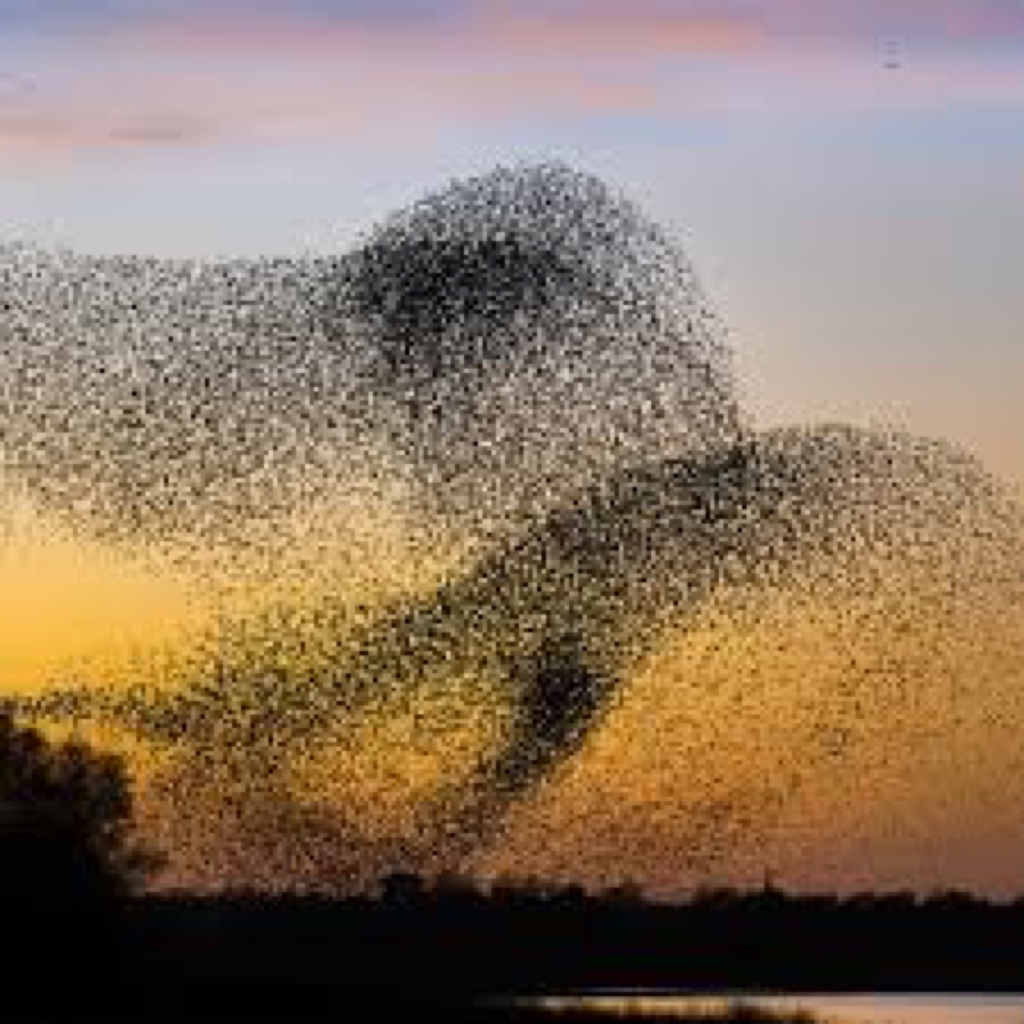
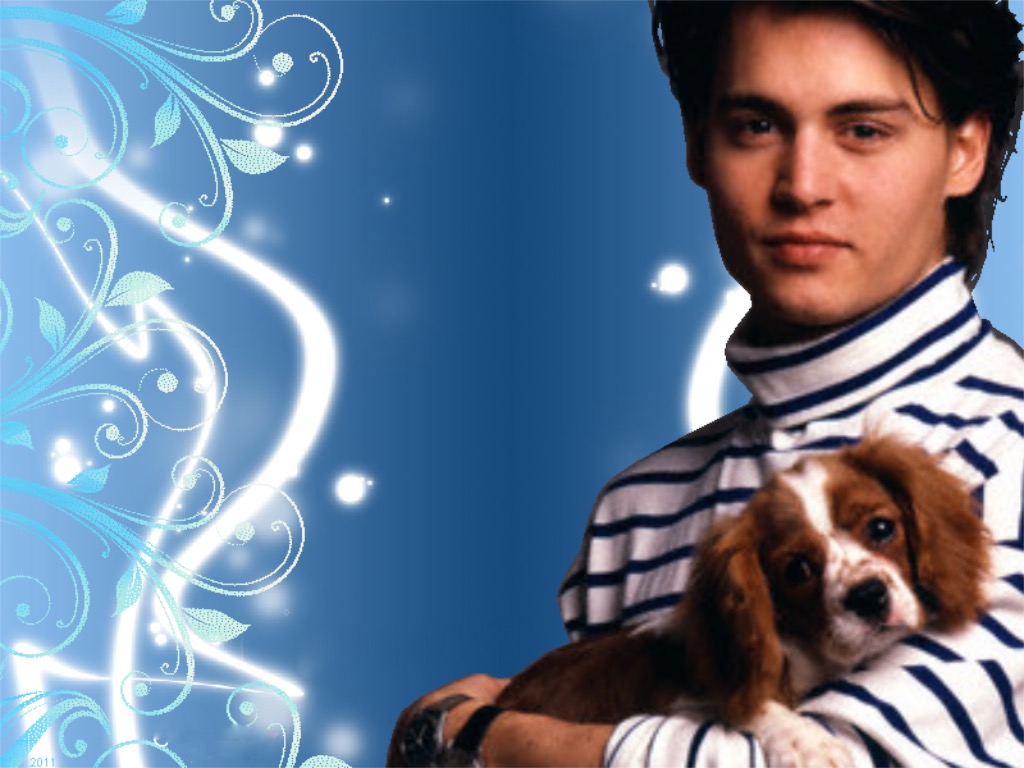





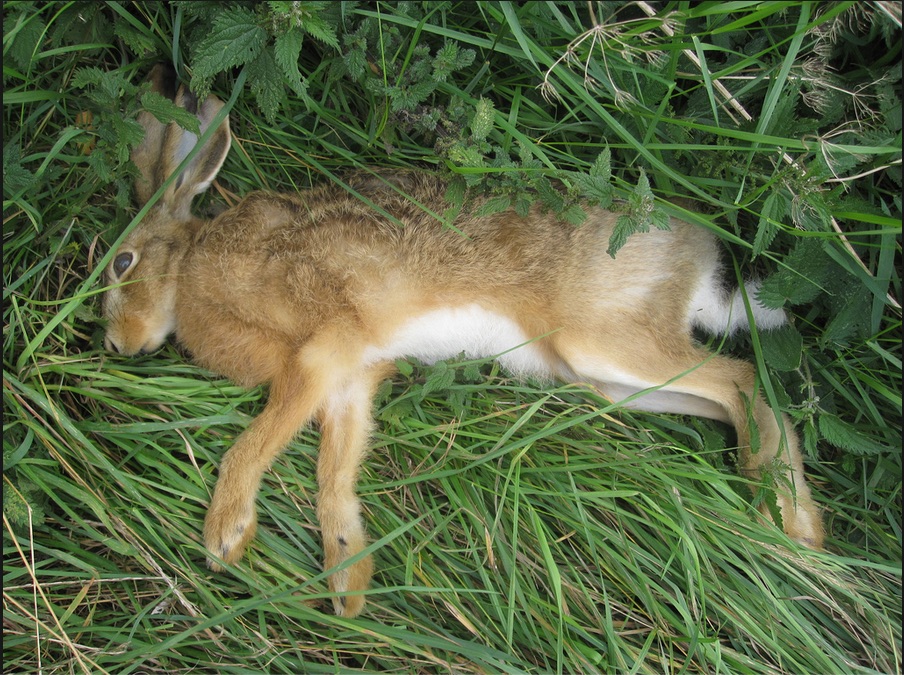
 05/06/15 Roy the known psychopath brushed Johnny’s calves with the damp hare fur and the caffeine an accepted stimulant and the taurine from the bull sign in the zodiac above made their mark. The active liquid moved through the minute holes in Johnny’s skin and sank into his central nervous system causing alertness. His shuddering sobs soon subsided and his thoughts of Scarlett such sweet sorrow so hurtful to his heart as his eyes swam into focus on the bucket of toffees beside him. He rustled among them and extended one to Roy. Roy said “We purchase roots from the farmed earth but who among us can describe their tops?” From those to hand applause arose
05/06/15 Roy the known psychopath brushed Johnny’s calves with the damp hare fur and the caffeine an accepted stimulant and the taurine from the bull sign in the zodiac above made their mark. The active liquid moved through the minute holes in Johnny’s skin and sank into his central nervous system causing alertness. His shuddering sobs soon subsided and his thoughts of Scarlett such sweet sorrow so hurtful to his heart as his eyes swam into focus on the bucket of toffees beside him. He rustled among them and extended one to Roy. Roy said “We purchase roots from the farmed earth but who among us can describe their tops?” From those to hand applause arose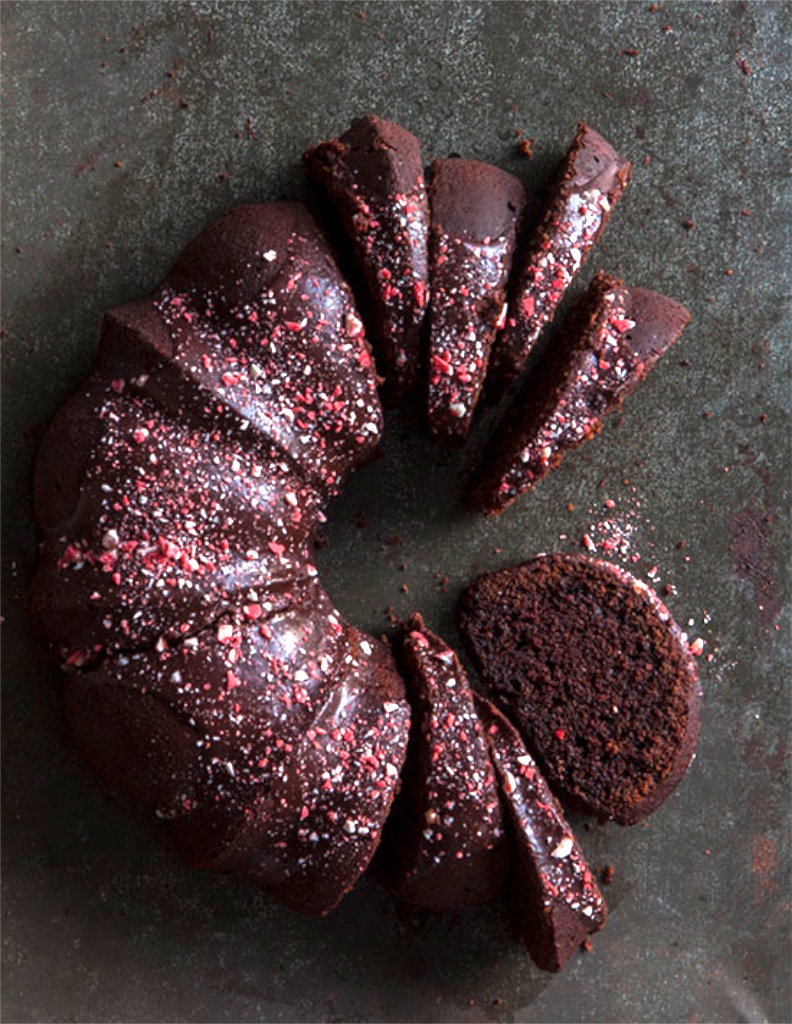







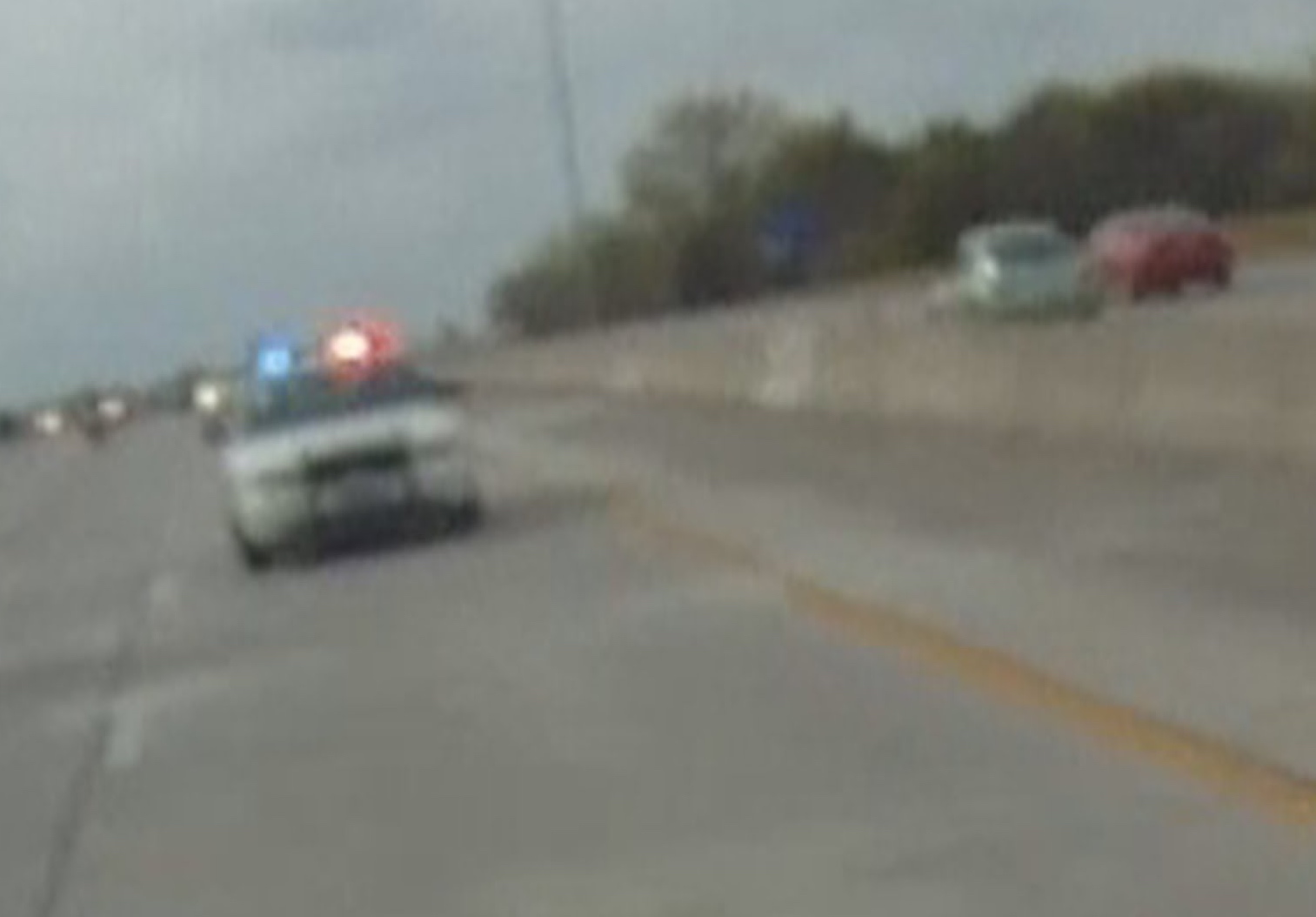


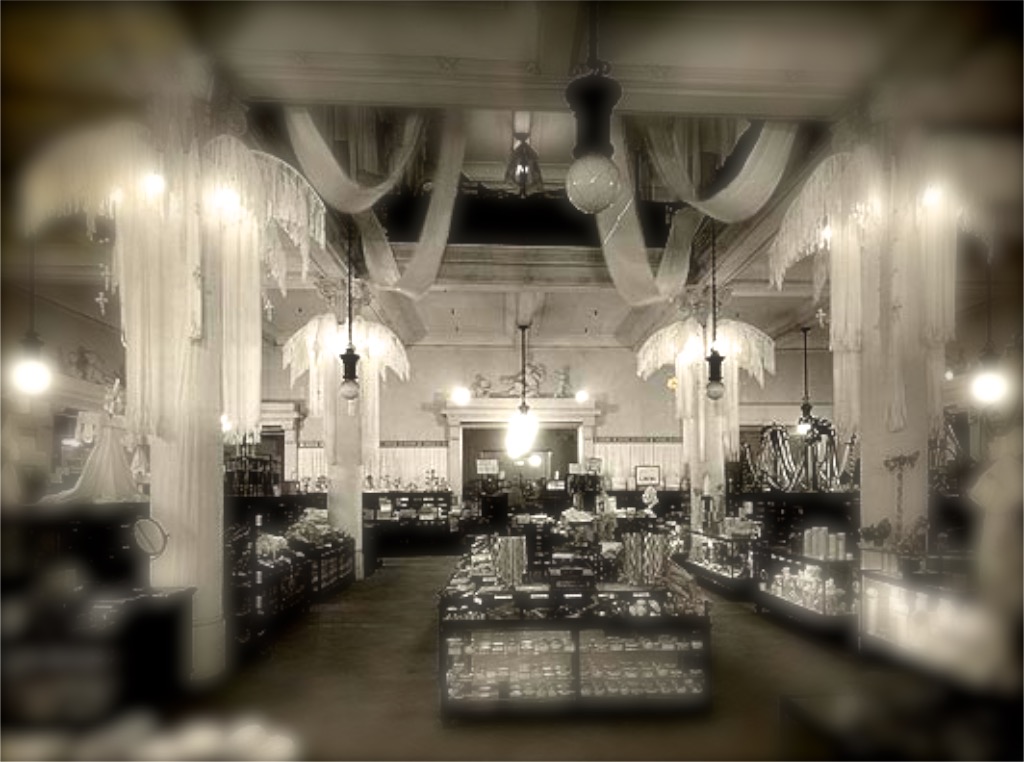








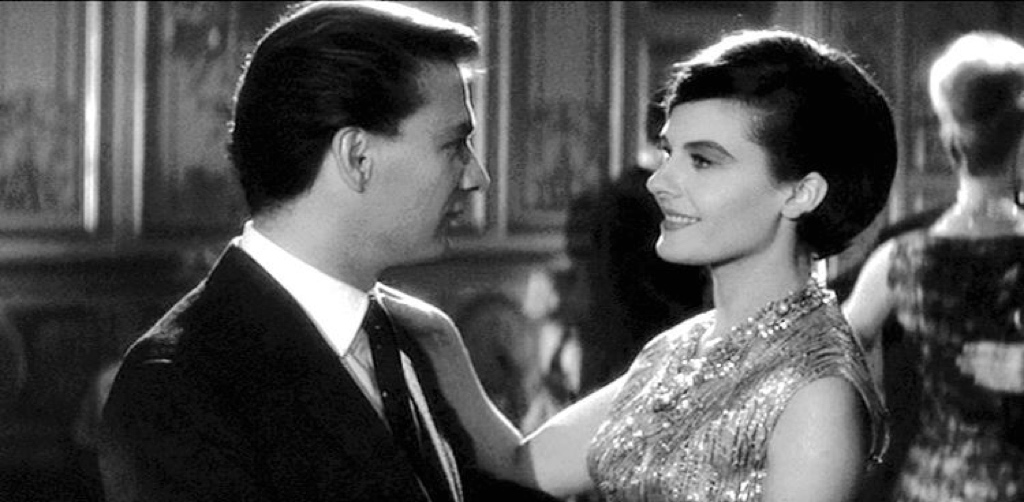


















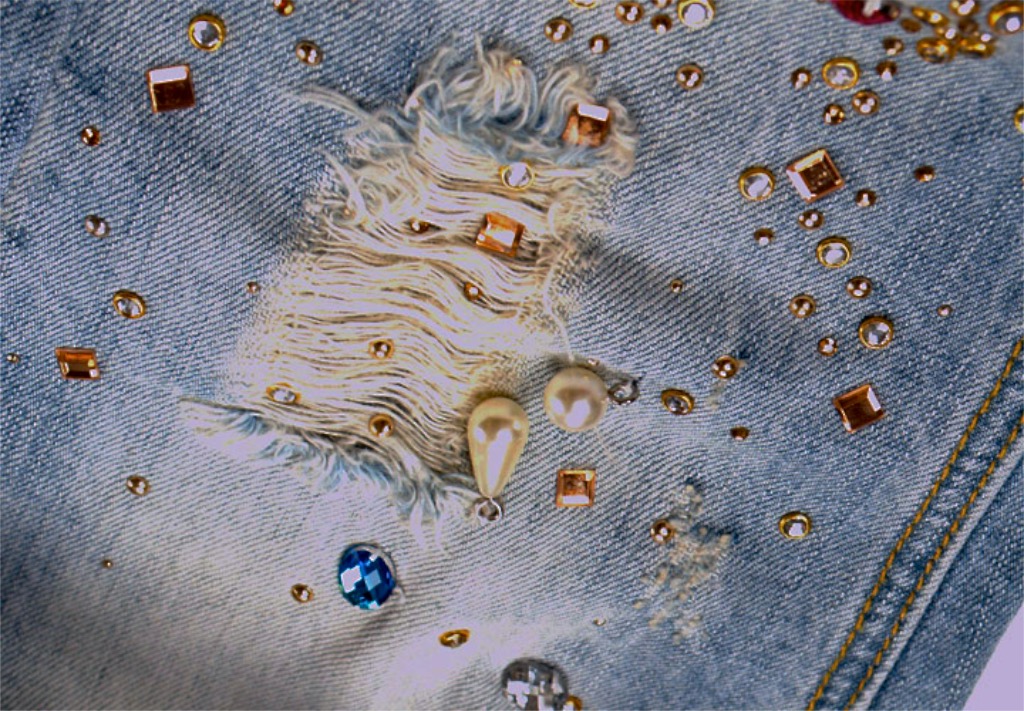
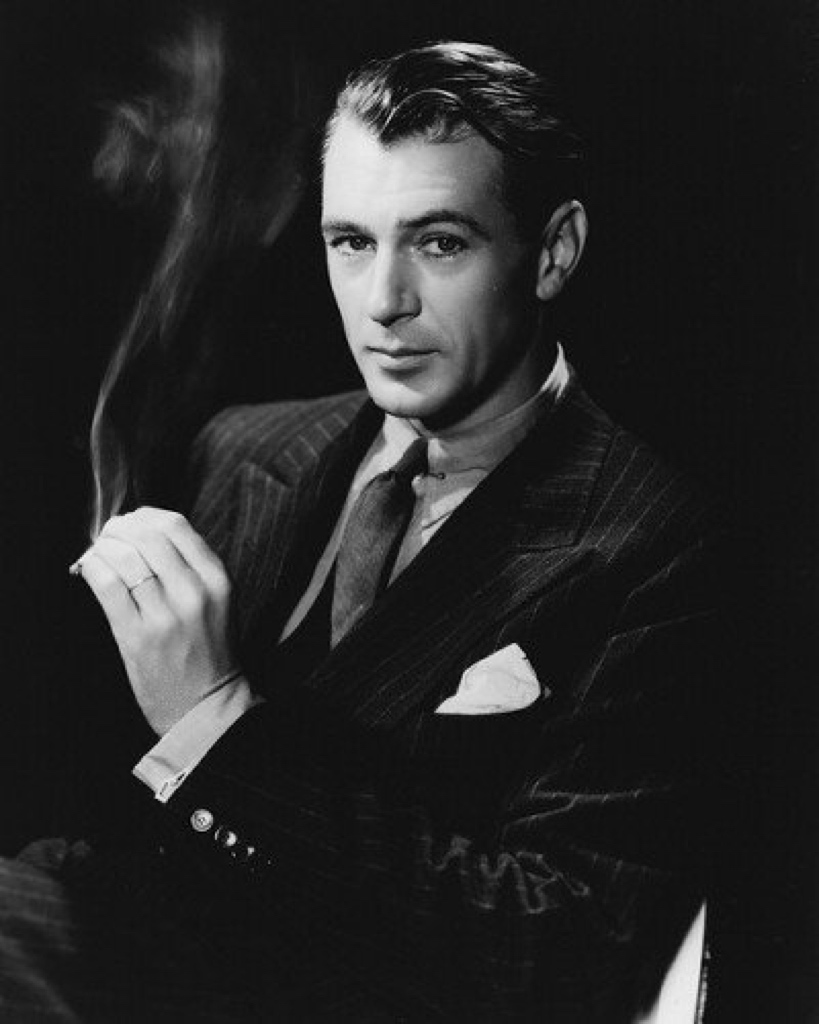

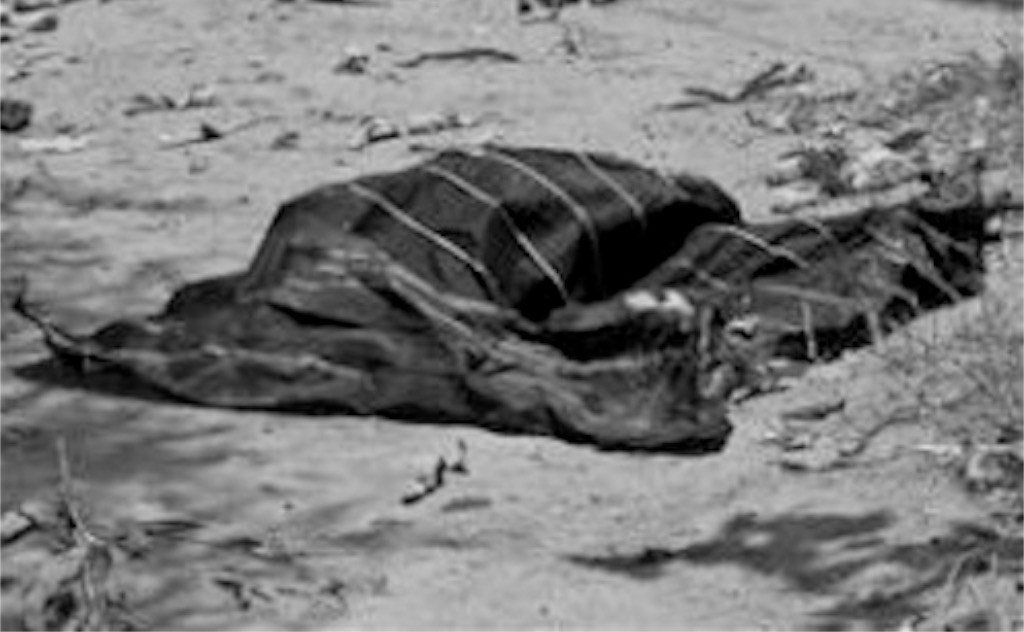

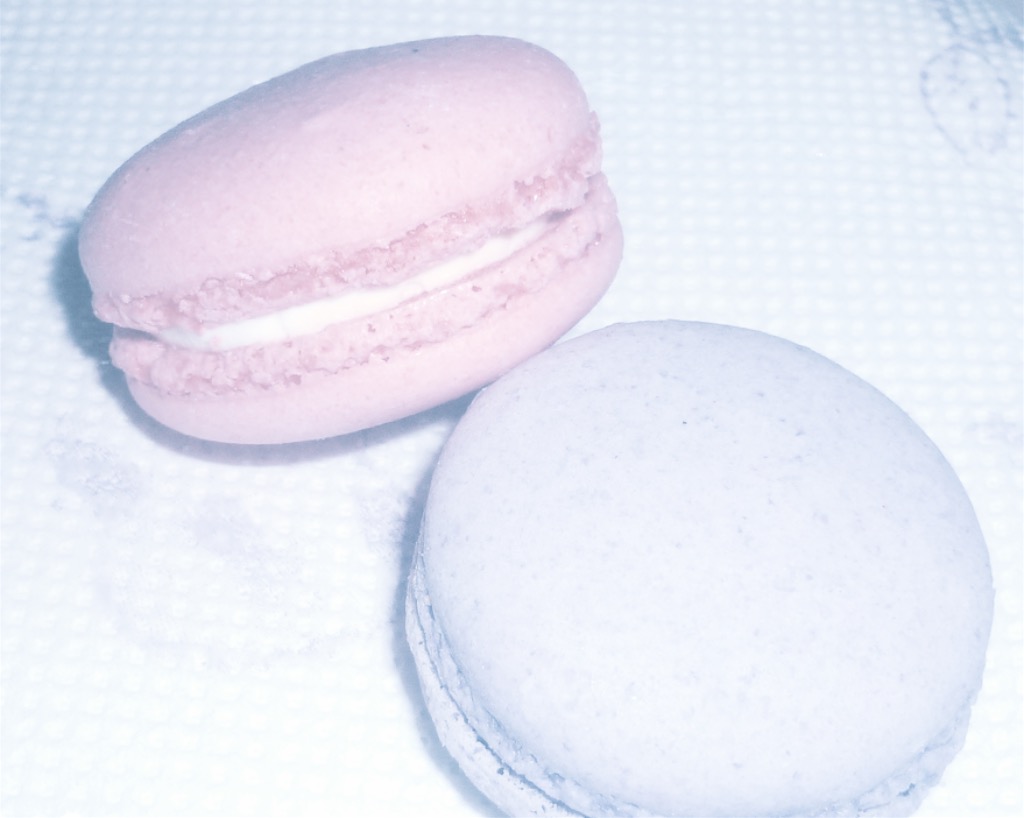


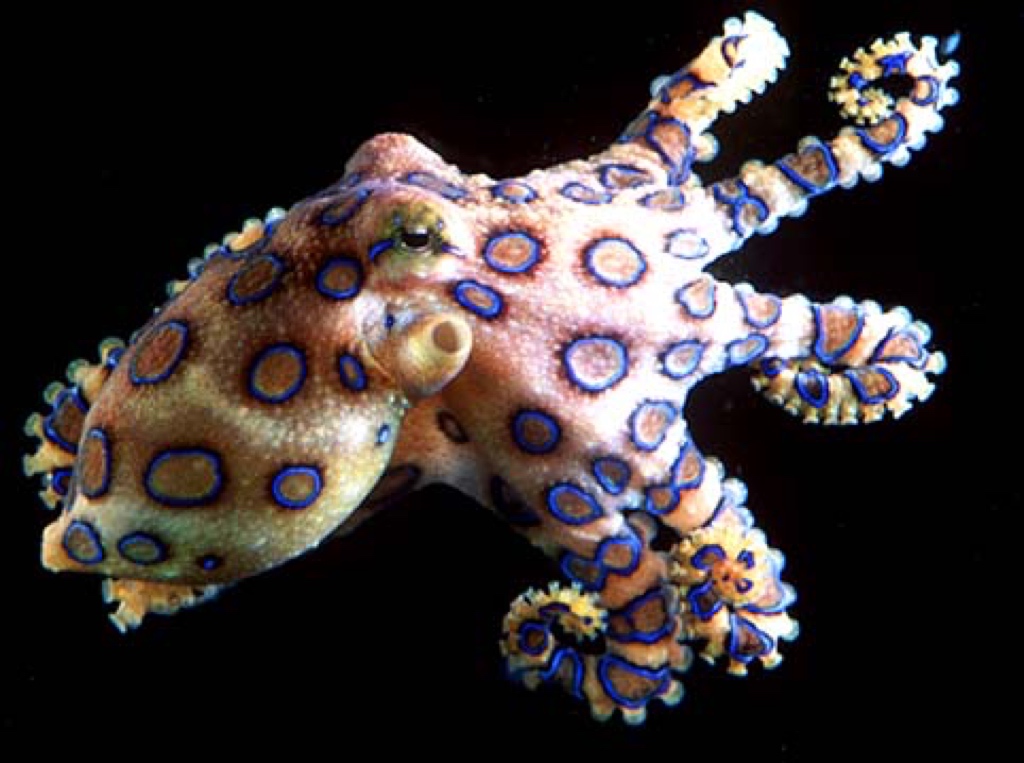




 2.14 And who should Ruth see in that bare corridor but Anne of Austria. “Who are you with?” Ruth asked. “I am with Hildegard of Halifax and the Lady Jean of Jarrow.” “Will you dance when you get to where you’re going?” Ruth asked. “We will dance all the way there,” said Anne in a deep metallic voice and the three royal women began to spin and as they spun they spat. Then comes Louis the Eleventh and he does some neat capers involving small jumps and tiny turns with the toes just so and Ruth says “That shit is so cool” but she can’t hear herself speak because now they are being abrupt with each other like those air guns for wheel nuts vootvootvoot and Louis the Eleventh he just barrels down through the floor and he’s gone and Ruth asks someone “I’m so thirsty” and they say “I’m afraid we can’t give you any liquid yet.”
2.14 And who should Ruth see in that bare corridor but Anne of Austria. “Who are you with?” Ruth asked. “I am with Hildegard of Halifax and the Lady Jean of Jarrow.” “Will you dance when you get to where you’re going?” Ruth asked. “We will dance all the way there,” said Anne in a deep metallic voice and the three royal women began to spin and as they spun they spat. Then comes Louis the Eleventh and he does some neat capers involving small jumps and tiny turns with the toes just so and Ruth says “That shit is so cool” but she can’t hear herself speak because now they are being abrupt with each other like those air guns for wheel nuts vootvootvoot and Louis the Eleventh he just barrels down through the floor and he’s gone and Ruth asks someone “I’m so thirsty” and they say “I’m afraid we can’t give you any liquid yet.”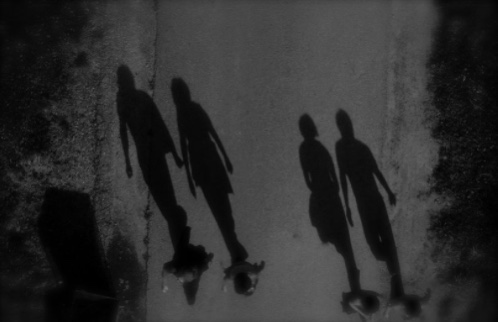





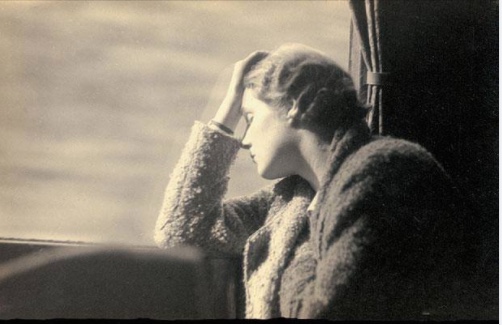






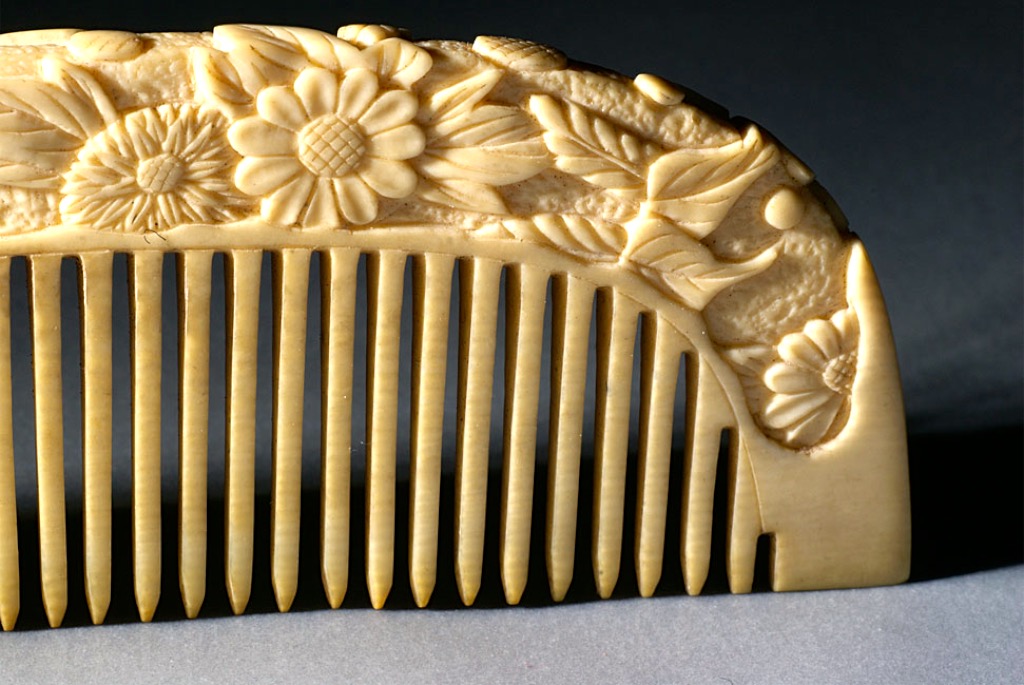








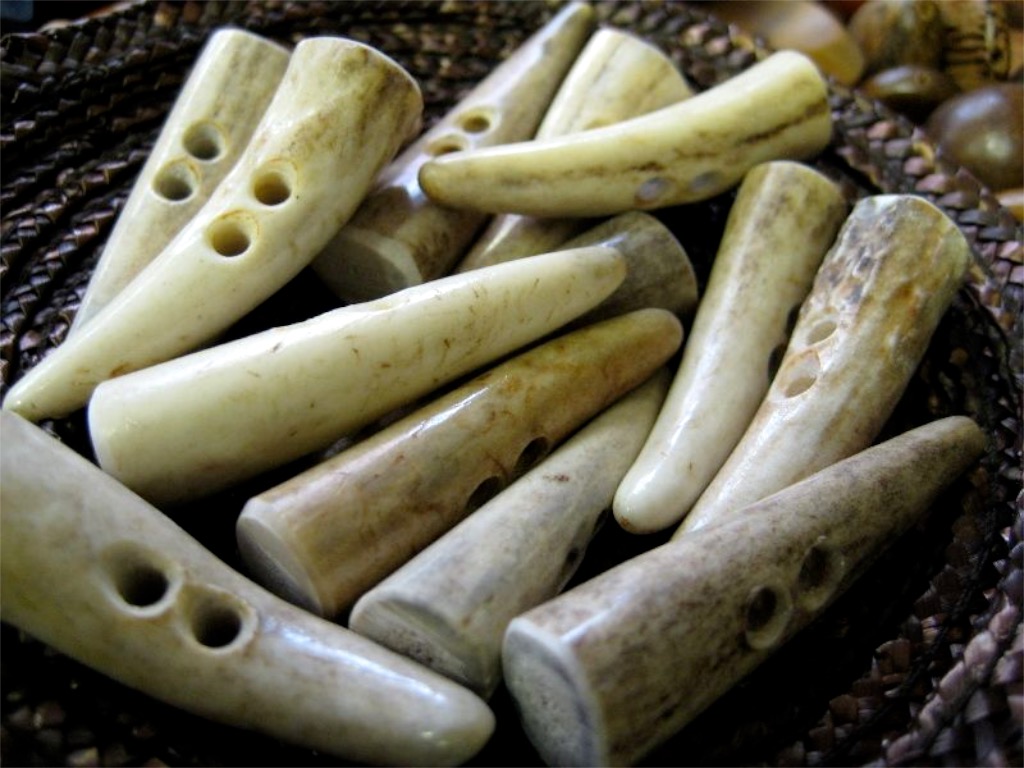

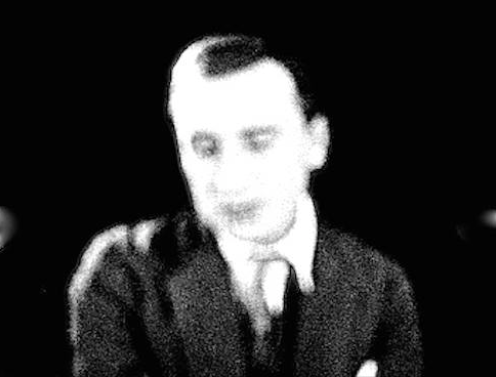





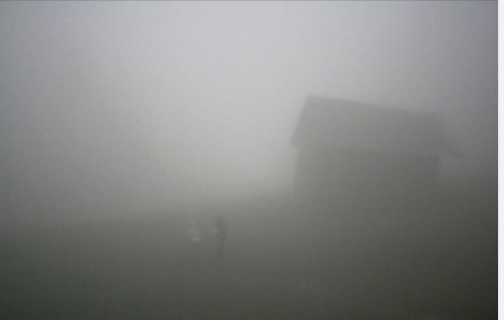


 Oliver Stone clearly suspected that there was a thin line between love and hate when he was casting for Natural Born Killers (1994). The self-flagellation of Rodney’s humour could be turned outward, at which point he would become a psychopath rather than a stand-up. This proved to be entirely the case. Ed Wilson, his character in the much underrated film, is Rodney to the max, unalleviated by nervous tics or the least indication that he may be domesticated to any degree. A masterclass in cartoonish, horrifying domestic sitcom parody, Rodney’s scenes as abusive, ogling, pawing, incestuous father to Juliette Lewis’s rebel girl Mallory are, despite the use of a sitcom laugh and applause track throughout, appalling yet exhilarating because somehow soon the slavering beast will be neutralised and his comeuppance will be as lurid as his fatherly behaviour is beyond the pale.
Oliver Stone clearly suspected that there was a thin line between love and hate when he was casting for Natural Born Killers (1994). The self-flagellation of Rodney’s humour could be turned outward, at which point he would become a psychopath rather than a stand-up. This proved to be entirely the case. Ed Wilson, his character in the much underrated film, is Rodney to the max, unalleviated by nervous tics or the least indication that he may be domesticated to any degree. A masterclass in cartoonish, horrifying domestic sitcom parody, Rodney’s scenes as abusive, ogling, pawing, incestuous father to Juliette Lewis’s rebel girl Mallory are, despite the use of a sitcom laugh and applause track throughout, appalling yet exhilarating because somehow soon the slavering beast will be neutralised and his comeuppance will be as lurid as his fatherly behaviour is beyond the pale.
 The first hour of the film is incongruously experimental for a Warner Brothers product, both formally and in the nihilism of its moral instruction. It is pitched as a satire that will address the enthusiastic attention paid to celebrity killers but is so extravagant and poetic in its means that it becomes, in the same breath, an irresistible paean to unfettered recreational slaughter. The first 15 minutes do not so much test as erase the contours of sitcom convention, setting free an ordinarily muffled content that celebrates, within the frame of a passionate romance between two attractive and murderous young people with a lot in common, the amputation of sociality that we are encouraged to believe is one of the great privileges of dedicated coupledom.
The first hour of the film is incongruously experimental for a Warner Brothers product, both formally and in the nihilism of its moral instruction. It is pitched as a satire that will address the enthusiastic attention paid to celebrity killers but is so extravagant and poetic in its means that it becomes, in the same breath, an irresistible paean to unfettered recreational slaughter. The first 15 minutes do not so much test as erase the contours of sitcom convention, setting free an ordinarily muffled content that celebrates, within the frame of a passionate romance between two attractive and murderous young people with a lot in common, the amputation of sociality that we are encouraged to believe is one of the great privileges of dedicated coupledom.